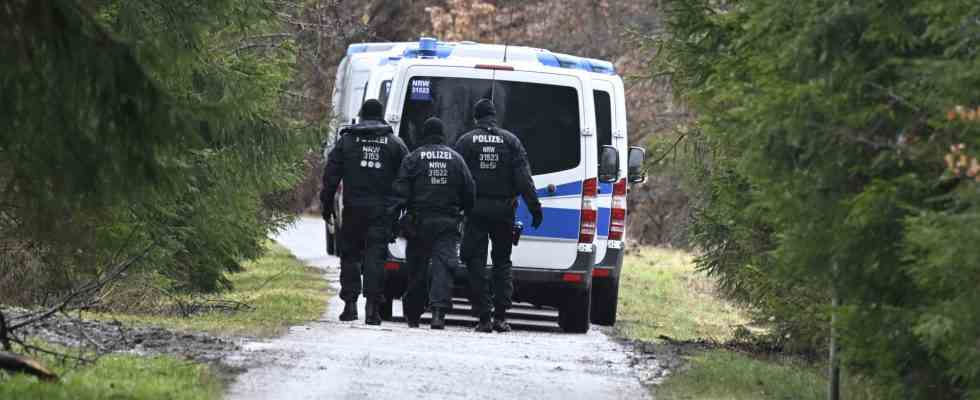FAQ
Status: 03/15/2023 3:57 p.m
A 12- and a 13-year-old girl are suspected of having killed another 12-year-old girl in Rhineland-Palatinate. Can children be prosecuted? An overview.
What does “criminal responsibility” mean?
The term “criminal responsibility” means the point in a person’s life at which he must expect to be prosecuted for a criminal offense. The relevant laws – the Criminal Code (StGB) and the Youth Courts Act (JGG) – do not use the term “criminal responsibility” but choose different formulations: The StGB speaks of the “child’s incapacity to be guilty”, the JGG of “criminal responsibility” of young people.
How is the criminal responsibility of children regulated?
Paragraph 19 of the Criminal Code reads: “Anyone who is not yet fourteen years old when committing the crime is not guilty.”
That means: According to the law, you are a child up to your 14th birthday and cannot be prosecuted – not even under juvenile criminal law. This principle applies “without ifs and buts”, even in the case of serious allegations and even if a child in the individual case already has the required maturity for the crime.
Why is that?
The legislator assumes that children are not yet able to see when they are doing something wrong and that they cannot control their behavior accordingly. He only believes that young people are capable of these abilities, this maturity. That is why children cannot be punished, but under certain circumstances young people can.
Can the state do nothing about crimes committed by children?
But. Although the state cannot prosecute children under criminal law, the family courts can use various means – including against the parents – to influence very young offenders. This includes, for example, the order to take advantage of child and youth welfare services.
In addition, more serious measures can also be considered, for example the withdrawal of custody and the placement of delinquent children in a home or a psychiatric hospital. However, these instruments must not be used “just like that”: They must be necessary in the name of the child’s well-being and may only be ordered as a “last resort”.
Such family law measures are not “backdoor punishment” to compensate for missing sanctions under criminal law. But own measures with their own – strict – requirements.
Should the age of criminal responsibility be lowered?
Such efforts have been made time and again in the past. Proponents argue that young people’s physical maturity is more common now than it used to be. At the same time, moral and character maturity is delayed. There has to be a reaction to that.
Federal Minister of Justice Marco Buschmann (FDP), on the other hand, has rejected the lowering of the age of criminal responsibility. He told the dpa news agency that children under the age of 14 would not be prosecuted, “but our legal system knows other ways to react, such as child and youth welfare law and family law”.
According to what principles are young people punished?
From the 14th to the 18th birthday you are considered a young person according to the Juvenile Court Act. At this age you can be prosecuted. The prerequisite is that “at the time of the act one is mature enough in terms of one’s moral and intellectual development to see the injustice of the act and to act according to this insight.” The courts must determine whether this is the case in each individual case.
Juvenile criminal law is increasingly concerned with having an educational effect on young people. His punishment takes a back seat.


